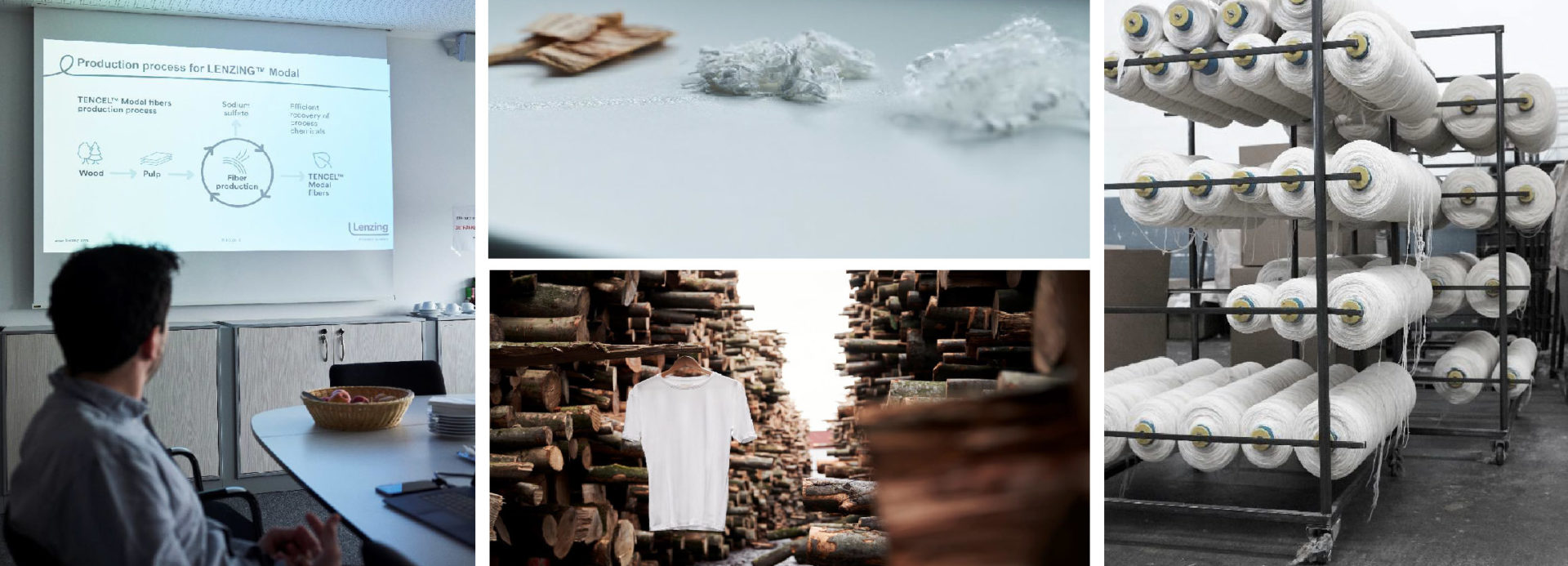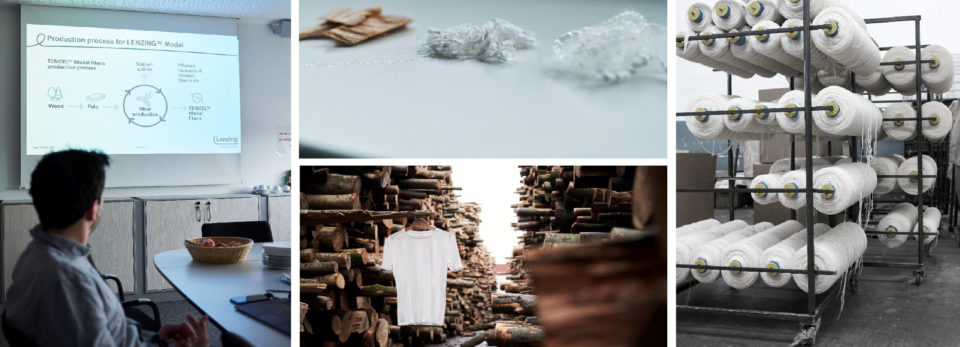This week saw the conclusion of the start-up projects, led by Professor Benoit Leleux, and I am writing this entry with a mixture of relief and melancholy. I am delighted that our team has successfully handed over our deliverables – the result of a lot of hard work. However, I am also contemplative. This chapter of learning the secrets of high performing teams through the entrepreneurial projects is now over. It is time to move on to different teams and the rest of the MBA.
I had the great privilege to work with Muntagnard. This startup is a Swiss-based clothing retailer who has circularity and sustainability at the core of its business model. Through these projects, we are put right in the middle of the action. We grappled with real problems, and had to contend with the challenging (and frequently changing!) requirements of the businesses. These represent the fluid and uncertain world of entrepreneurship. Our team had to be flexible and adaptable in our approach and mindset.
As I reflect on the experience I think my biggest takeaways are around leadership and the psychology of high performing teams. We have worked intensively together in the past three months, on the start-up projects and beyond. These experiences all gave us opportunities to really apply the leadership lessons we are taught during the MBA. I was able to experiment with different behaviours, learn what works well and what doesn’t work so well. As a result, I have become more conscious than ever of my own impact and how I am perceived. I have undergone a tremendous amount of personal development and am looking forward to developing further. I know I have a lot more to work on!
My advice to future IMD MBAs heading into the projects
- Set the goals of the group
Before you do anything else with a new team, start by talking about what everyone wants to get out of the experience. What are the expectations? Is it grades? Is it to develop specific skills? Is it all about the next job? Take some time to understand each individual’s motivations. - Define the boundaries
What is acceptable? This is so important as otherwise assumptions get made! Some people are fully prioritising the MBA, others are here with their families. Identify the ‘do not cross’ lines early, and your team will be much happier for it. - Candid discussion is at the heart of quality outcomes
If you disagree with the approach or something doesn’t feel right: say it. ‘Put the fish on the table’ as is commonly said here at IMD. Robust discussion begets great solutions. - Go with the decision
Once you have had the debate and a decision has been made, go with it, even if you disagree. This is vital as it builds trust and a reputation for professionalism, and sooner or later the roles will be reversed and you will be asking the same of your colleagues. - Trust
Trust in your team-mates to deliver, and deliver on their trust in you.

